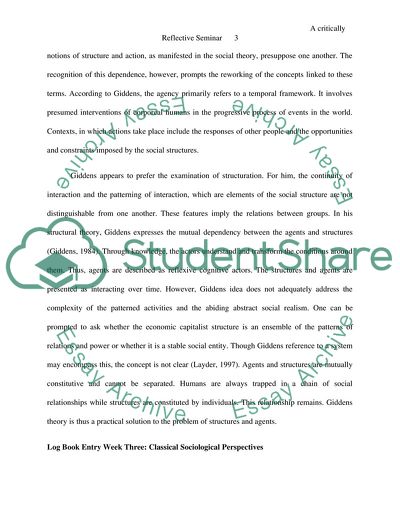Cite this document
(Classical Sociological Perspectives, Lukes and the Three Faces of Coursework Example | Topics and Well Written Essays - 3750 words, n.d.)
Classical Sociological Perspectives, Lukes and the Three Faces of Coursework Example | Topics and Well Written Essays - 3750 words. https://studentshare.org/sociology/1872980-a-critically-reflective-seminarreadingseminar-log-book-and-appendix
Classical Sociological Perspectives, Lukes and the Three Faces of Coursework Example | Topics and Well Written Essays - 3750 words. https://studentshare.org/sociology/1872980-a-critically-reflective-seminarreadingseminar-log-book-and-appendix
(Classical Sociological Perspectives, Lukes and the Three Faces of Coursework Example | Topics and Well Written Essays - 3750 Words)
Classical Sociological Perspectives, Lukes and the Three Faces of Coursework Example | Topics and Well Written Essays - 3750 Words. https://studentshare.org/sociology/1872980-a-critically-reflective-seminarreadingseminar-log-book-and-appendix.
Classical Sociological Perspectives, Lukes and the Three Faces of Coursework Example | Topics and Well Written Essays - 3750 Words. https://studentshare.org/sociology/1872980-a-critically-reflective-seminarreadingseminar-log-book-and-appendix.
“Classical Sociological Perspectives, Lukes and the Three Faces of Coursework Example | Topics and Well Written Essays - 3750 Words”. https://studentshare.org/sociology/1872980-a-critically-reflective-seminarreadingseminar-log-book-and-appendix.


